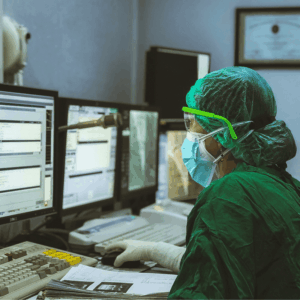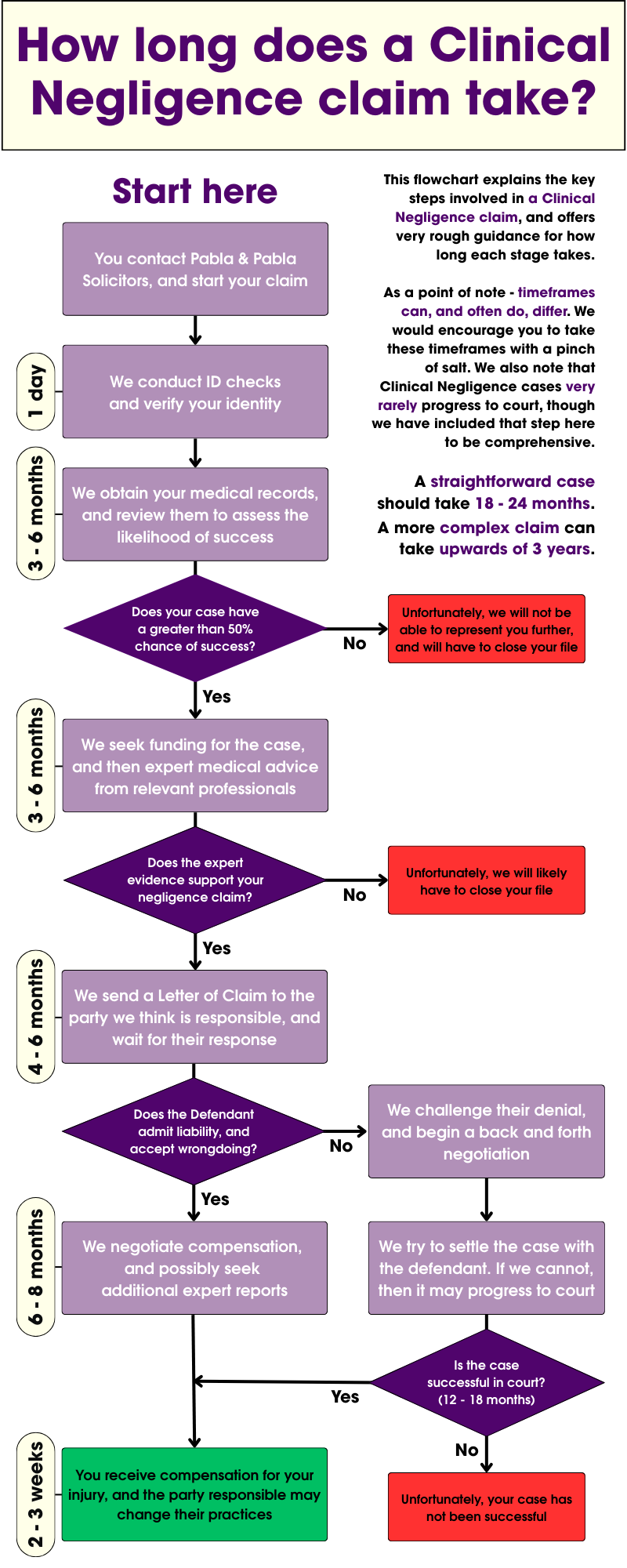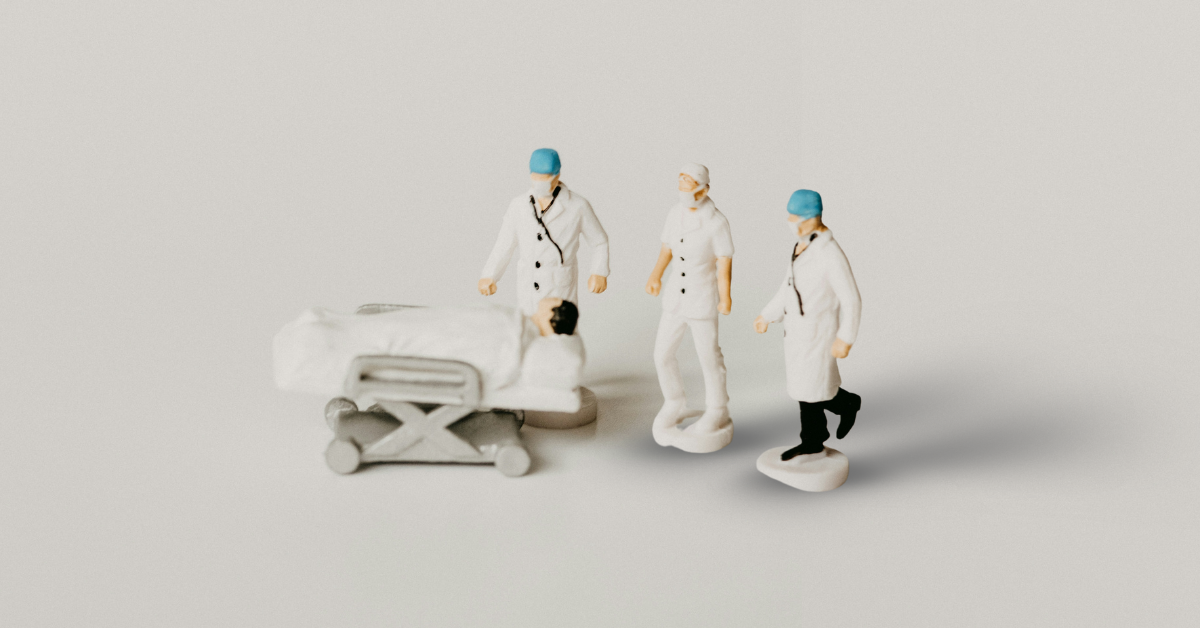How long will my Clinical Negligence claim take?
If you’re considering making a Clinical Negligence claim, then you’re likely considering one of the most commonly asked questions we receive: “How long will my case take?”
The honest answer is – it depends.
Every clinical negligence claim is different. The time it takes to resolve a claim can vary significantly depending on the complexity of the medical issues involved, how quickly we can gather evidence, and whether or not the other side accepts responsibility for what went wrong.
To give you a better idea of what’s involved, this article outlines the typical stages of a Clinical Negligence claim and explains what factors can affect the timescales.
Stage 1: Initial Checks and Gathering Medical Records
Once you first instruct us, we carry out some basic identity checks – this is something we’re legally required to do for all new clients. Once this is complete, we can start work on your file.
We begin by requesting your complete medical records from your GP, hospitals, and any other healthcare providers involved in your care. By law, medical providers should respond to these requests within 40 days. However, due to ongoing NHS backlogs, it can often take 2-3 months (or longer) for us to receive everything.
Stage 2: Reviewing the Medical Records and Risk Assessment
When we have all of your medical records, our legal team carefully reviews them in detail.
At this point, we assess whether we believe there is a realistic chance of success. This is an important step, especially because we are acting for you on a “no win, no fee” basis.
We will only be able to continue with your claim if we believe that:
- There is greater than 50% chance of success, and
- There is enough evidence to properly support a legal case.
Stage 3: Proving Clinical Negligence – Two Key Legal Tests

To succeed in a clinical negligence claim, we must prove both of the following:
1) Breach of Duty of Care
All medical professionals have a duty of care to their patients, and must look after them. That duty of care has been “breached” if the healthcare professional did not provide care that met the basic standard expected of them.
Medical professionals don’t have to be perfect, but they are expected to act as a “competent professional” would in similar circumstances. If the care you received fell below this acceptable standard, we could argue that their behavior breached their duty of care to you.
One way this is legally argued is by using the “Bolam Test“. This comes from a legal case (Bolam v Friern Hospital Management Committee) and says that a medical professional is not negligent if their actions would be supported by a responsible group of other professionals in that field—even if other doctors might disagree.
However, in a later case (Bolitho v City and Hackney Health Authority), the court added that the medical opinion used to defend a case must also be logical and reasonable. So even if other professionals would have acted the same way, the court will still consider whether that approach makes sense.
2) Causation
If we can prove that the medical professional’s duty of care fell below the acceptable standard, we must then show that this directly caused you harm.
This is often one of the more difficult parts of a claim. Sometimes, a patient will receive poor care, but it hasn’t actually changed the outcome or had any effect on what would have happened anyway. For example, if your condition would have developed in the same way regardless of the mistake, your claim may not succeed.
Burden and Standard of Proof
In clinical negligence claims, it’s up to the Claimant (you) to prove that negligence occurred.
The legal standard we must meet is often called the “balance of probabilities”. This means we must show it is more likely than not—in other words, more than 50% likely—that the negligence caused you harm.
Stage 4: Expert Medical Evidence
 If our initial assessment is positive, and we believe that we can argue that the negligence caused you harm, then we apply to your legal expenses insurer to fund the next stage of your case. If funding is approved, we then obtain independent medical expert reports.
If our initial assessment is positive, and we believe that we can argue that the negligence caused you harm, then we apply to your legal expenses insurer to fund the next stage of your case. If funding is approved, we then obtain independent medical expert reports.
These experts are often doctors or consultants in the relevant field, and their job is to review your medical records and give an unbiased opinion on:
- Whether the care you received met the acceptable standard
- Whether any substandard care caused your injury or worsened your condition
In some cases, we need separate experts to report on Breach of Duty and Causation. Preparing these reports can take anywhere from a few weeks to a few months, depending on the complexity of your case and the availability of the experts.
If the expert evidence supports your claim, we move on to the next step.
If the expert evidence does not support your claim, we may have to close your file.
Stage 5: Letter of Claim and the Defendant’s Response
If the expert evidence supports your claim, then it’s time to approach the individual or organisation we believe is responsible. We do this by drafting and sending them a “Letter of Claim“. This is a formal document that sets out the details of your case and the impact the negligence has had on your life.
The Defendant (usually an NHS Trust or GP Practice) has up to 4 months to respond. In their response, they may:
- Admit liability (accept responsibility), or
- Deny the allegations (in full or in part)
Stage 6: Negotiation and Resolution

The final step is entirely dependent on the Defendant’s response to our letter of claim:
- If liability is admitted, and they take responsibility for the mistake, then we can begin to negotiate a fair level of compensation. We may also obtain additional expert reports to help support your case and assess the true value of your claim.
- If liability is denied, and they will not admit wrongdoing, then we may obtain further expert evidence to challenge their denial. We may draft a Reply to the Letter of Response (sometimes called a rebuttal letter). This usually begins a back-and-forth process of negotiation that can add time to the case, depending on the number and complexity of the issues in dispute.
So, how long does a Clinical Negligence claim take?
Taking into account everything we’ve explained here, here’s a very general estimate of how long each claim takes:
- Identity checks (checking your ID and a short video call): 1 day
- Initial stages (gathering records, reviewing, and risk assessment): 3 – 6 months
- Expert evidence and legal assessment: 6 – 8 months
- Letter of Claim to Defendant’s response: 4 – 6 months
- Negotiations / further steps if disputed: 6 – 8+ months
- Compensation being sent to you (once a final figure has been agreed by both sides): 2 – 3 weeks
In total, a straightforward case might take 18 – 24 months. However, more complex claims can take 3 years or more, especially if they involve going to court, serious injuries, multiple Defendants, or contested liability and lengthy negotiations.

Final Thoughts
We understand that waiting for answers and justice can be frustrating, especially when you’ve been let down by those who were supposed to help you. While the clinical negligence claims process takes time, we are here to support you through every stage and will always aim to move things forward as quickly and effectively as possible.
Pursuing a medical negligence claim can be a lengthy process, but can provide important compensation to help you recover from your injury, and ensure that wrongdoing is recognised by those responsible. Importantly, these claims can prompt changes to medical procedures and protocols, helping to prevent similar mistakes in the future. It is not uncommon for defendants to outline in their response letters the policy changes implemented as a direct result of the incident.
If you’d like to speak to us about a potential claim, get in touch for a free, no-obligation consultation by calling us on 0161 243 7572.



